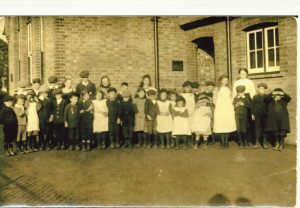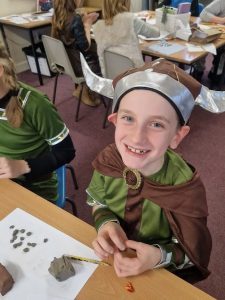Intent
It is our intent that our History curriculum will help pupils gain a coherent knowledge and understanding of Britain’s past and that of the wider world. We hope to inspire a curiosity about the past. We teach children a sense of chronology and to understand how the past has impacted on life today. We aim to enable children to develop the skill of enquiry by asking perceptive questions, thinking critically, weighing evidence and developing perspective and judgement.
At Reed, we follow the national curriculum to ensure that all pupils:
- know and understand the history of these islands as a coherent, chronological narrative, from the earliest times to the present day: how people’s lives have shaped this nation and how Britain has influenced and been influenced by the wider world
- know and understand significant aspects of the history of the wider world: the nature of ancient civilisations; the expansion and dissolution of empires; characteristic features of past non-European societies; achievements and follies of mankind
- gain and deploy a historically grounded understanding of abstract terms such as ‘empire’, ‘civilisation’, ‘parliament’ and ‘peasantry’

- understand historical concepts such as continuity and change, cause and consequence, similarity, difference and significance, and use them to make connections, draw contrasts, analyse trends, frame historically-valid questions and create their own structured accounts, including written narratives and analyses
- understand the methods of historical enquiry, including how evidence is used rigorously to make historical claims, and discern how and why contrasting arguments and interpretations of the past have been constructed
- gain historical perspective by placing their growing knowledge into different contexts, understanding the connections between local, regional, national and international history; between cultural, economic, military, political, religious and social history; and between short- and long-term timescales.
History is taught in a cross curricular way through Topics. In the Early Years, history is taught under the heading of ‘Understanding the world’ and children spend lots of time thinking about the world that they live in and the people in it.
In Key Stage 1, we challenge and support children to carry out a number of historical investigations which enable them to use and apply basic and appropriate subject vocabulary, subject skills and processes (including evaluating primary and secondary sources of evidence) in order to recognise, identify, describe, observe, reason, recall and begin to explain in simple terms significant historical events and the actions of notable people in the United Kingdom.
In Key Stage 2, learning and teaching build on the knowledge, understanding and skills developed in Key Stage 1. The children are provided with opportunities to reach explanations and to form conclusions about historical events, issues and the actions of significant people that they have studied. Another important aspect of history at Key Stage 2 is that pupils begin to develop historical perspective and therefore become able to see people and events through the eyes and experience of different stakeholders, i.e. people and communities that have an interest in or are connected to an issue, person or event. We challenge and support our children to undertake historical investigations which enable them to use and apply appropriate and increasingly specialised subject vocabulary, concepts, skills and processes to recognise, identify, describe, observe, reason, explain and reach basic conclusions about historical events that have had a significant impact on the United Kingdom.
At Key Stage 2 in history, a strong emphasis has been given across all eras studied to agriculture and farming to reflect our local area and enable the children to make stronger links between the times studied and their own lives.
Every unit in history across Key Stages One and Two has a planned learning journey with key questions that the children will be able to answer at the end of the carefully planned sequence of lessons and activities
Trips and workshops are also planned where possible to further enhance the learning experiences.
Our Curriculum map shows the detailed progression of skill and the areas of history studied which can be found below.
